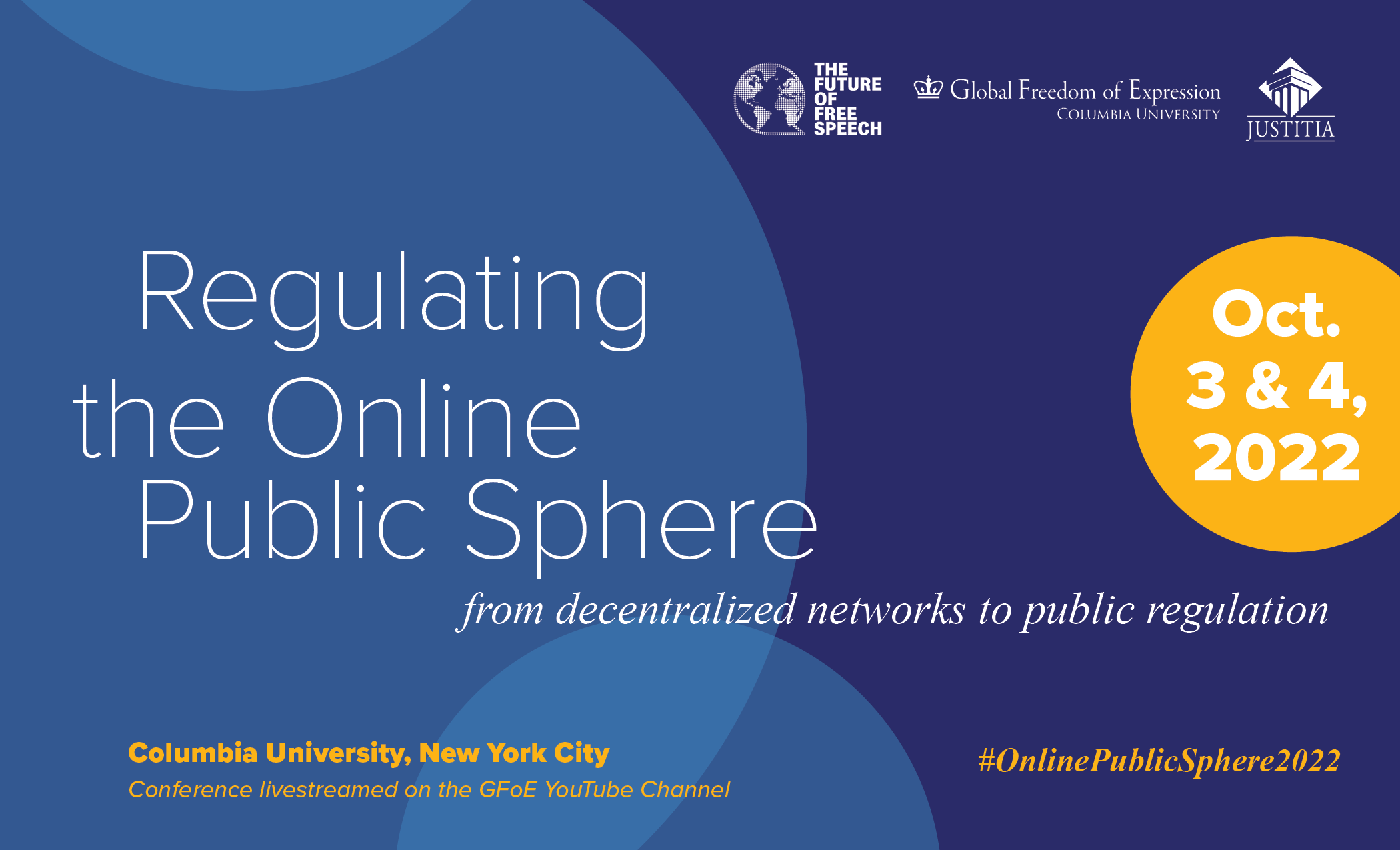# Meta’s Instagram Policy Challenged: Colombian Court Ruling & Global Implications
The digital landscape is constantly evolving, and with it, the legal battles surrounding content moderation and freedom of expression on social media platforms. A recent landmark ruling by Colombia’s Constitutional Court against Meta, the parent company of Facebook and Instagram, has sent shockwaves through the industry and highlights the complexities of balancing user rights with platform responsibilities. This case, involving prominent Colombian adult film actress Esperanza Gómez, serves as a crucial example of the challenges faced by social media companies in navigating these turbulent waters. What exactly happened, and what are the broader implications?
## The Esperanza Gómez Case: A Clash of Freedom and Moderation
Esperanza Gómez, a well-known adult film actress in Colombia with over 5 million Instagram followers, found herself embroiled in a legal battle with Meta after her Instagram account was shut down. Gómez argued that the account closure, stemming from alleged violations of Meta’s nudity policies, severely impacted her ability to conduct her professional work. She claimed she had posted photographs of herself in underwear as part of her legitimate professional activities, not in violation of community standards. Meta, on the other hand, maintained that her posts violated its community guidelines on nudity and sexual content. This sparked a debate that ultimately led to the landmark Colombian court ruling.
The court sided with Gómez, stating that Meta’s actions were arbitrary and constituted an illegitimate restriction on her freedom of expression. The ruling highlighted the inconsistency in Meta’s content moderation policies, noting that other accounts with similar content remained active, raising serious questions about fairness and transparency in enforcement. Isn’t fair and consistent content moderation critical to maintaining user trust and promoting a safe online environment?
### Key Aspects of the Court’s Decision
The Colombian Constitutional Court’s decision is far-reaching in its implications. It mandates that Meta review and significantly adjust its Instagram terms of use and privacy policy to ensure greater transparency and clarity for users. The court specifically emphasized the need for clear mechanisms allowing users to challenge moderation decisions. The ruling didn’t specify penalties for non-compliance, but the very act of ordering a global tech giant to fundamentally alter its policies represents a significant victory for freedom of expression advocates. The court acknowledged the necessity for content moderation but stressed the need for fair and consistent application of these policies, a point that social media platforms worldwide should heed.
The ruling also underlines the growing legal pressure on social media platforms to better define and justify their content moderation practices. This case isn’t an isolated incident; it’s part of a broader global movement demanding greater accountability from Big Tech regarding online speech and content moderation.
## Global Implications and the Future of Content Moderation

This Colombian court ruling is not just a local matter; it has significant implications for social media platforms worldwide. It underscores the growing judicial scrutiny of content moderation policies and the potential liability companies face for inconsistent or arbitrary enforcement. The decision sets a powerful precedent, potentially influencing similar legal challenges in other jurisdictions. What does this mean for the future of content moderation on platforms like Instagram and Facebook?
The case raises several critical questions: How can social media companies balance the need to protect users from harmful content with the need to uphold freedom of expression? How can they ensure that their content moderation policies are applied consistently and fairly? What are the practical implications of this decision for Meta and other social media companies? Will we see similar legal actions globally?
The case also highlights the ongoing struggle to define and regulate online content. The lines between acceptable and unacceptable speech are often blurry, leading to inconsistencies and disputes. The ruling underscores the need for a more nuanced and transparent approach to content moderation, one that respects freedom of expression while effectively mitigating harm. What are the best practices to approach the content moderation conundrum?
Furthermore, the ruling puts pressure on other social media companies to reassess their own policies. If Meta’s approach is deemed inadequate, it’s highly probable that other companies with similar practices will face similar legal challenges. This case is a clear signal that the global tech industry needs to take a hard look at its content moderation strategies and ensure they are aligned with legal frameworks protecting fundamental rights. This is not just about legal compliance; it’s about fostering trust and creating a sustainable online environment.
The Esperanza Gómez case serves as a wake-up call for social media companies. It’s a stark reminder that content moderation is not simply a technical issue but a complex legal and ethical challenge demanding a balanced and transparent approach. The future of online freedom of expression and content moderation may well hinge on how platforms respond to this landmark ruling and the broader questions it raises. The ongoing debate surrounding online content moderation is critical and will continue to shape the future of the internet.
